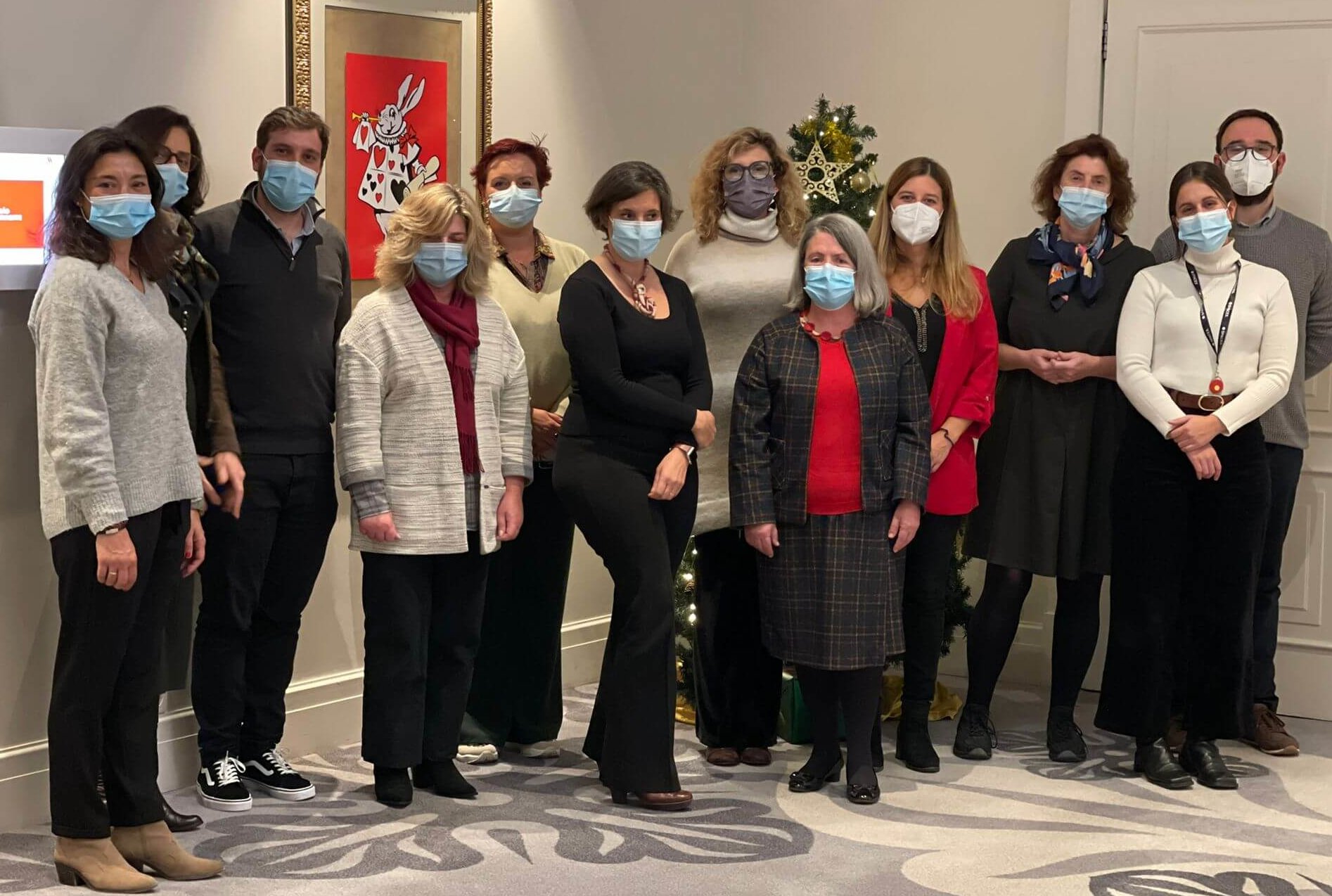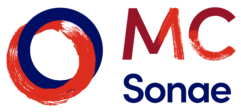MISSÃO CONTINENTE IDENTIFIES 5 AREAS OF PRIORITY OPERATION IN PORTUGAL
‘Food Waste’, ‘Social Inclusion’, ‘Ageing’, ‘Child and Adolescence Health’ and ‘Employment and Digital Transition’ were the five major themes identified during the Missão Continente Strategic Council’s Plenary Session, as areas of priority intervention in Portugal in the coming years.
In order to evaluate and promote initiatives that can provide broader support for the community, the themes will be worked on over time by Reflection Groups, composed of the highest representatives of several of the main entities in our country, created following the general meeting.

The Food Waste theme will be discussed by the Portuguese Association of Distribution Companies (APED), the Portuguese Nutrition Association (APN), the Portuguese Federation of Food Banks Against Hunger (FPBACF), the Directorate-General for Food and Veterinary, the Agri-food Industries Portuguese Federation (FIPA), the Superior Institute of Agronomy (ISA), as well as by ‘Quercus’ and ‘Re-food’, and aims for a broad perspective, from the sustainability of agriculture to the reuse of raw agri-food material, from people to composting.
The Commission for Citizenship and Gender Equality (CIG), the Portuguese Red Cross (CVP), the Directorate-General for Education (DGE), the National School of Public Health (ENSP), ‘Entrajuda’, ‘GRACE’ and the Institute of Social Sciences (ICS) will discuss the urgency of Social Inclusion in a transversal way in the Portuguese society, in a context in which socio-economic inequalities have been worsening with the pandemic. The target population of this reflection, and resulting initiatives, concern not only the social strata of the Portuguese living in structural poverty, but also the vulnerable groups composed of immigrants and refugees.
The theme of Aging, namely the state of demographic sustainability in Portugal, and the search for answers and initiatives that promote a better quality of life for this age group is the objective of the discussion group comprised by the National Confederation of Solidarity Institutions, the Directorate-General of Health, the Order of Nurses, the ‘Missão Portugal’ Social Innovation Structure, ‘RUTIS’ and the Union of Portuguese Mercies.
Child and Adolescence Health, with an emphasis on the habit of physical exercise and sports practice, from an early age and throughout life, and the timely diagnosis of physical limitations, with a potential positive impact on school and, later, professional performance is the objective of the discussion by the APN, the FPBACF, the Centre for Studies and Research in Social Dynamics and Health, the Portuguese Football Federation (FPF), the Paediatrics Portuguese Society (SPP) and the National Association of Family Health Units (USF- AN).
‘42 Lisboa’, the National Agency for Qualification and Professional Education (ANQEP), ‘CIG’, the Competitiveness and Innovation Agency (IAPMEI) and ‘PIS’ will reflect on qualification, professional development, adaptation to new professions and gender equality in the labour market.
Missão Continente’s new Strategic Model involves entities representing the community, which analyse the major themes, challenges and problems of the current and future social context. The Strategic Council is made up of representatives from key areas of the Portuguese society, which will allow Missão Continente to work consistently throughout the year, with all social partners, through a set of initiatives to be defined.
In order to evaluate and promote initiatives that can provide broader support for the community, the themes will be worked on over time by Reflection Groups, composed of the highest representatives of several of the main entities in our country, created following the general meeting.

The Food Waste theme will be discussed by the Portuguese Association of Distribution Companies (APED), the Portuguese Nutrition Association (APN), the Portuguese Federation of Food Banks Against Hunger (FPBACF), the Directorate-General for Food and Veterinary, the Agri-food Industries Portuguese Federation (FIPA), the Superior Institute of Agronomy (ISA), as well as by ‘Quercus’ and ‘Re-food’, and aims for a broad perspective, from the sustainability of agriculture to the reuse of raw agri-food material, from people to composting.
The Commission for Citizenship and Gender Equality (CIG), the Portuguese Red Cross (CVP), the Directorate-General for Education (DGE), the National School of Public Health (ENSP), ‘Entrajuda’, ‘GRACE’ and the Institute of Social Sciences (ICS) will discuss the urgency of Social Inclusion in a transversal way in the Portuguese society, in a context in which socio-economic inequalities have been worsening with the pandemic. The target population of this reflection, and resulting initiatives, concern not only the social strata of the Portuguese living in structural poverty, but also the vulnerable groups composed of immigrants and refugees.
The theme of Aging, namely the state of demographic sustainability in Portugal, and the search for answers and initiatives that promote a better quality of life for this age group is the objective of the discussion group comprised by the National Confederation of Solidarity Institutions, the Directorate-General of Health, the Order of Nurses, the ‘Missão Portugal’ Social Innovation Structure, ‘RUTIS’ and the Union of Portuguese Mercies.
Child and Adolescence Health, with an emphasis on the habit of physical exercise and sports practice, from an early age and throughout life, and the timely diagnosis of physical limitations, with a potential positive impact on school and, later, professional performance is the objective of the discussion by the APN, the FPBACF, the Centre for Studies and Research in Social Dynamics and Health, the Portuguese Football Federation (FPF), the Paediatrics Portuguese Society (SPP) and the National Association of Family Health Units (USF- AN).
‘42 Lisboa’, the National Agency for Qualification and Professional Education (ANQEP), ‘CIG’, the Competitiveness and Innovation Agency (IAPMEI) and ‘PIS’ will reflect on qualification, professional development, adaptation to new professions and gender equality in the labour market.
Missão Continente’s new Strategic Model involves entities representing the community, which analyse the major themes, challenges and problems of the current and future social context. The Strategic Council is made up of representatives from key areas of the Portuguese society, which will allow Missão Continente to work consistently throughout the year, with all social partners, through a set of initiatives to be defined.
